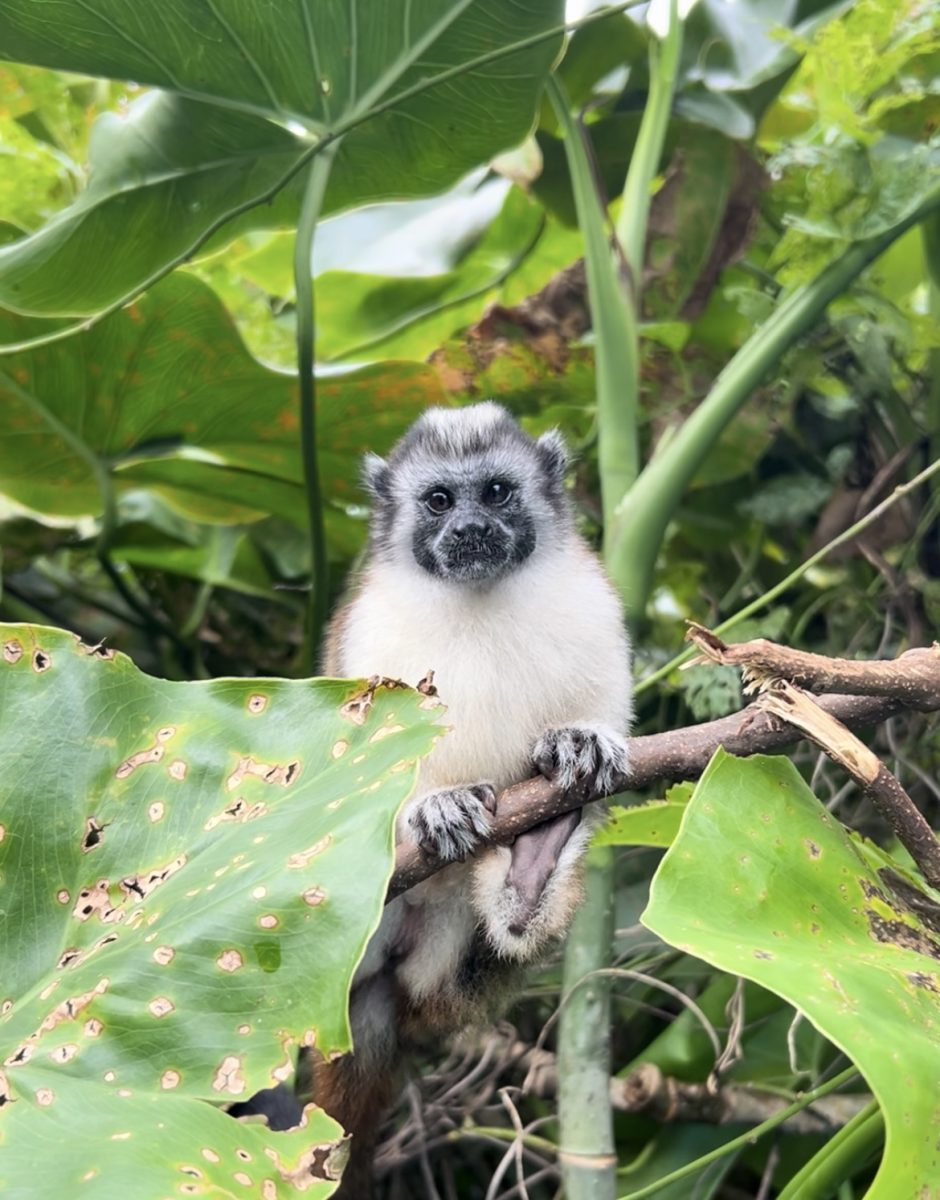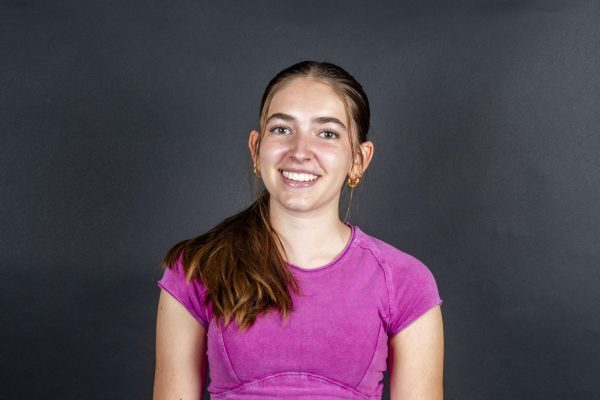Going on a trip to a foreign country with your biology teacher might seem like something straight out of Ms. Frizzle’s Magic School Bus, but that was the reality for a select group of students this summer, who returned with new outlooks on life derived from the experience.
Sophomore Chloe de Villiers, who went to Australia and New Zealand, learned to become “comfortable with the uncomfortable.”
“A big part of traveling is the thrill of the unexpected and allowing you to learn how to adapt and go with the flow. That’s something I personally struggled with,” de Villiers said. “We were walking, and it just started pouring rain. At first, I was really uneasy with that, but then I quickly learned how to embrace flexibility and be open to new experiences even in my daily life. It helped me realize that not everything needs to be planned out, and sometimes the best moments come from the unexpected.”
The act of stepping out of your comfort zone is important to biology teacher Mr. Kelly Lewis, who has been taking groups of students on educational trips since 2016. This year, he led one trip to Australia and New Zealand and one to Costa Rica and Panama. While the trips do focus on science and culture, much of the students’ learning is really learning about themselves and what they are capable of.
“I think students really just learn a lot about themselves when they push themselves,” Lewis said. “I actually did a lot of my master’s research on the trips, and I found that the number one thing that students get on these trips is confidence to be themselves and confidence to try new things.”
Everyone on the trips challenged themselves in different ways, but one of the most common trials students had to overcome was traveling with a diverse group of peers with whom they may have been unfamiliar with. Lewis hopes that by meeting people they might not interact with at school, the students will realize “everyone has something special to offer.” Sophomore Ryan Bjork experienced this and wanted to be “more open to people” after the trip because of the unanticipated relationships he was able to form.
“Some of the people I saw before the trip, I did not expect to even get along with,” Bjork said. “I thought, ‘this person seems this way, or that person seems that way.’ Then I went on the trip with an open mind, and I just got along with everybody, even if they were different than I am. I definitely noticed that you could make friendships in areas where you just don’t expect it.”
Most students left the trips with close relationships with their fellow travelers. This bonding starts before they even board the plane, as Lewis planned various activities for the groups to break the ice before the trip. One of his favorite activities was the potluck and presentation night, where each person researched a topic related to the location.
“I realized when I started planning these trips that I want to infuse my personality into them and to make them something that’s not just a trip abroad, but an experience that can shape your life. I know for me, when I was in high school, I would have been quite anxious to travel abroad with my peers, no parents and nobody I really knew. I wanted to make it more accessible, so that’s why I started doing these pre-trip get-together activities where kids can get to know one another, get to know more about the country that we’re traveling to, and just gain this familiarity with being out of their comfort zone,” Lewis said. “To me, it’s our first opportunity to really start feeling like a family, which is only going to grow more and more on the trip.”
The biggest bonding factor, though, was the shared experiences that the travelers will likely never forget. The excursions included snorkeling in the Great Barrier Reef, seeing an opera at the Sydney Opera House, whitewater rafting, zip lining, and so much more. Students were able to see new parts of the world and appreciate “how beautiful nature is,” according to sophomore Sophie Greif, who went on the Costa Rica and Panama trip.
“[I was surprised by] the impact that the trip had on me, because I feel like it gave me a different mindset in everyday life that I wasn’t expecting,” Grief said. “We learned about nature a lot, and it just felt more deep than everyday activities, like going to the mall. Obviously that’s fun, but going to this different place and looking at nature was just so much more fulfilling. ”
At the end of the day, this realization is exactly what Lewis hopes students get out of these trips.
“A lot of kids grew up here, in California, which is amazing, and it offers so much, but we’re in this concrete jungle. We’re surrounded by media, and sometimes it’s hard to understand what the actual natural world really looks like, and what else is out there; the different cultures and opportunities you have outside of L.A.,” Lewis said. “For a kid to be out of the country, seeing and experiencing the world helps them realize the natural beauty of Earth.“





